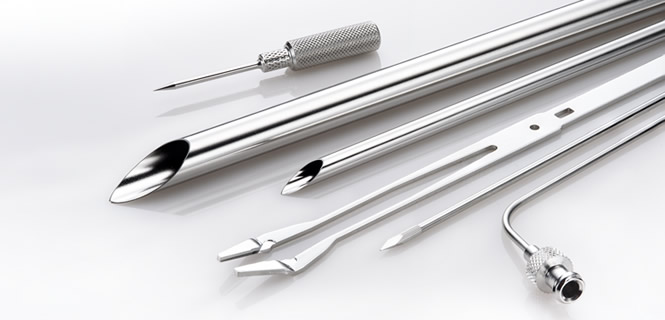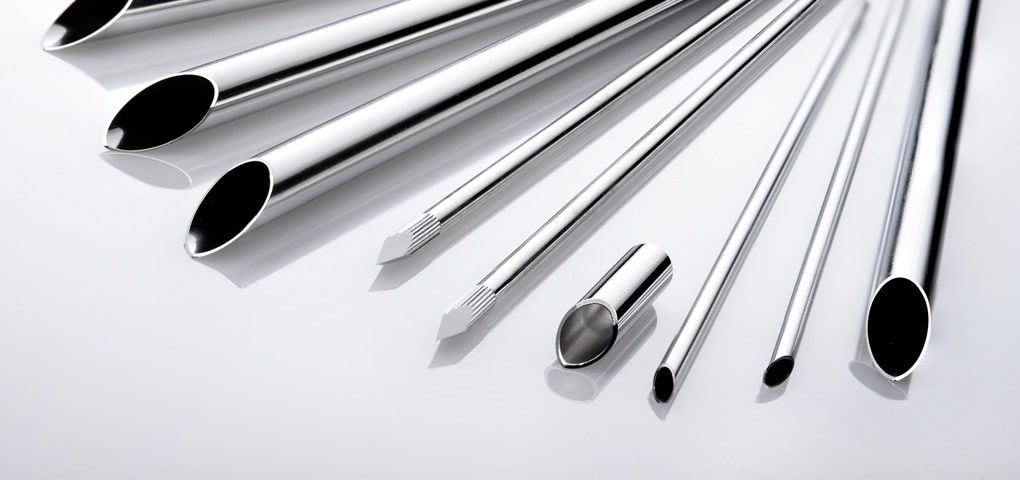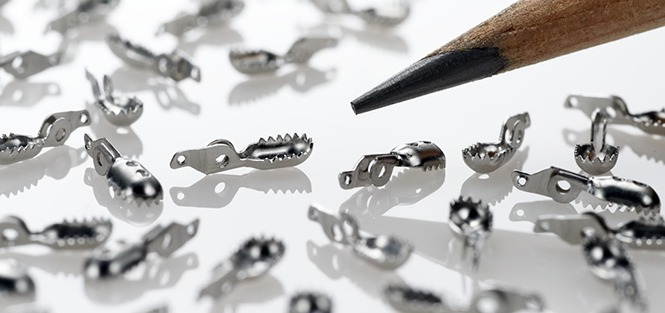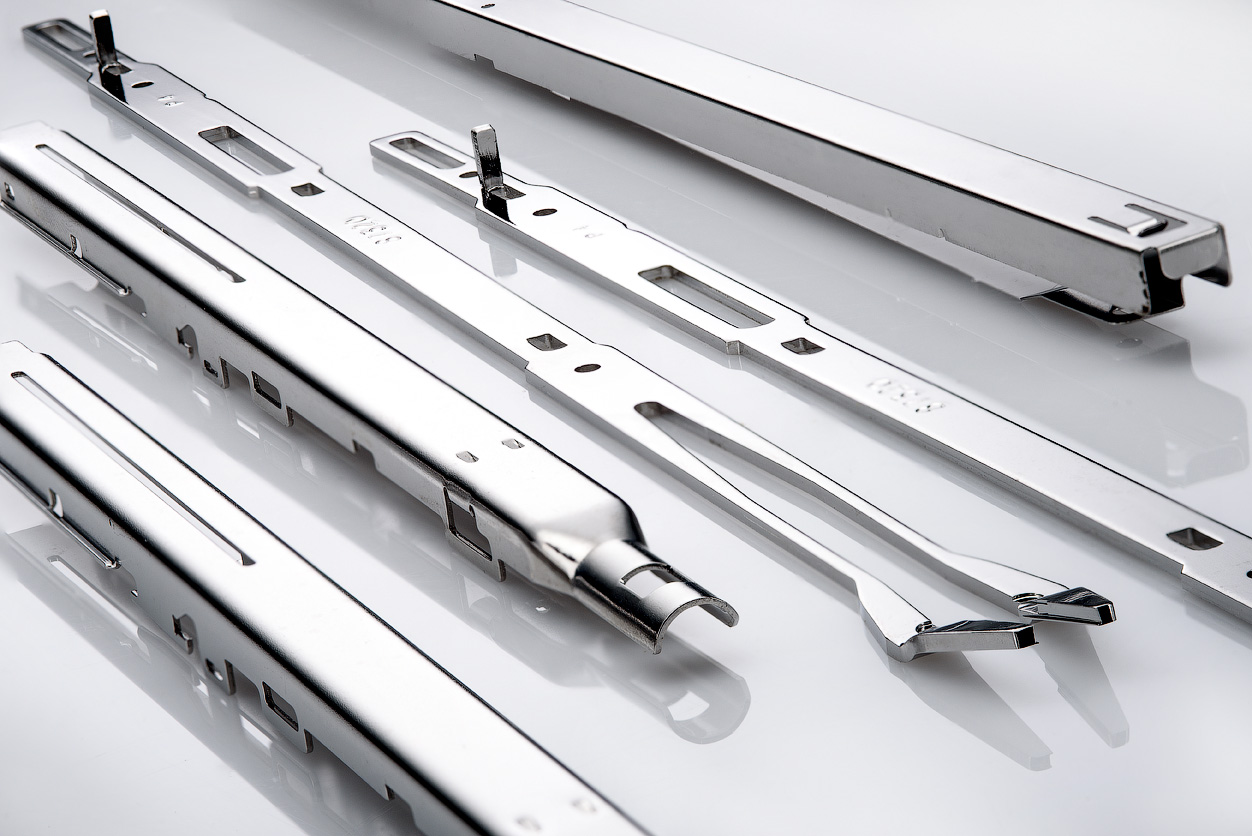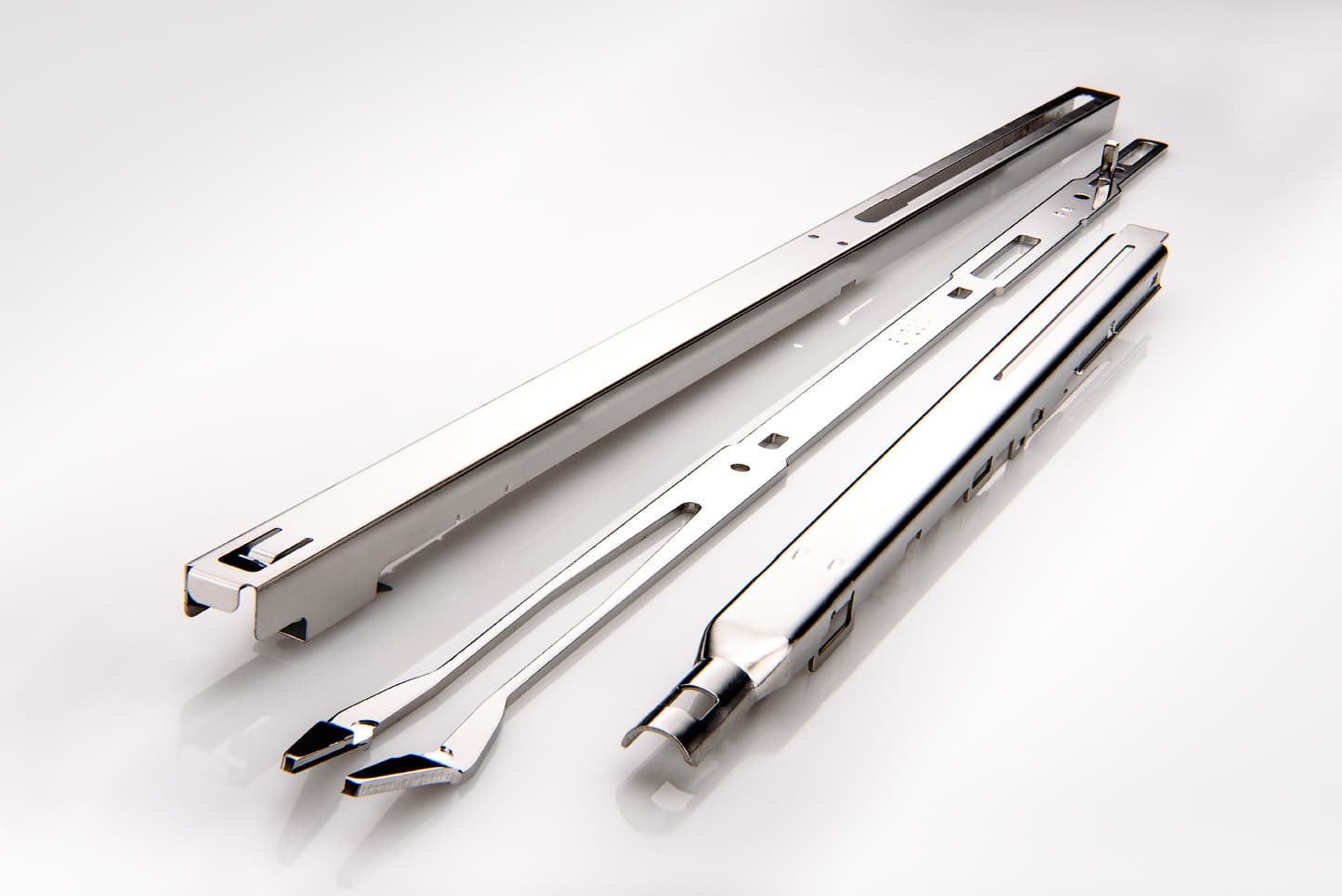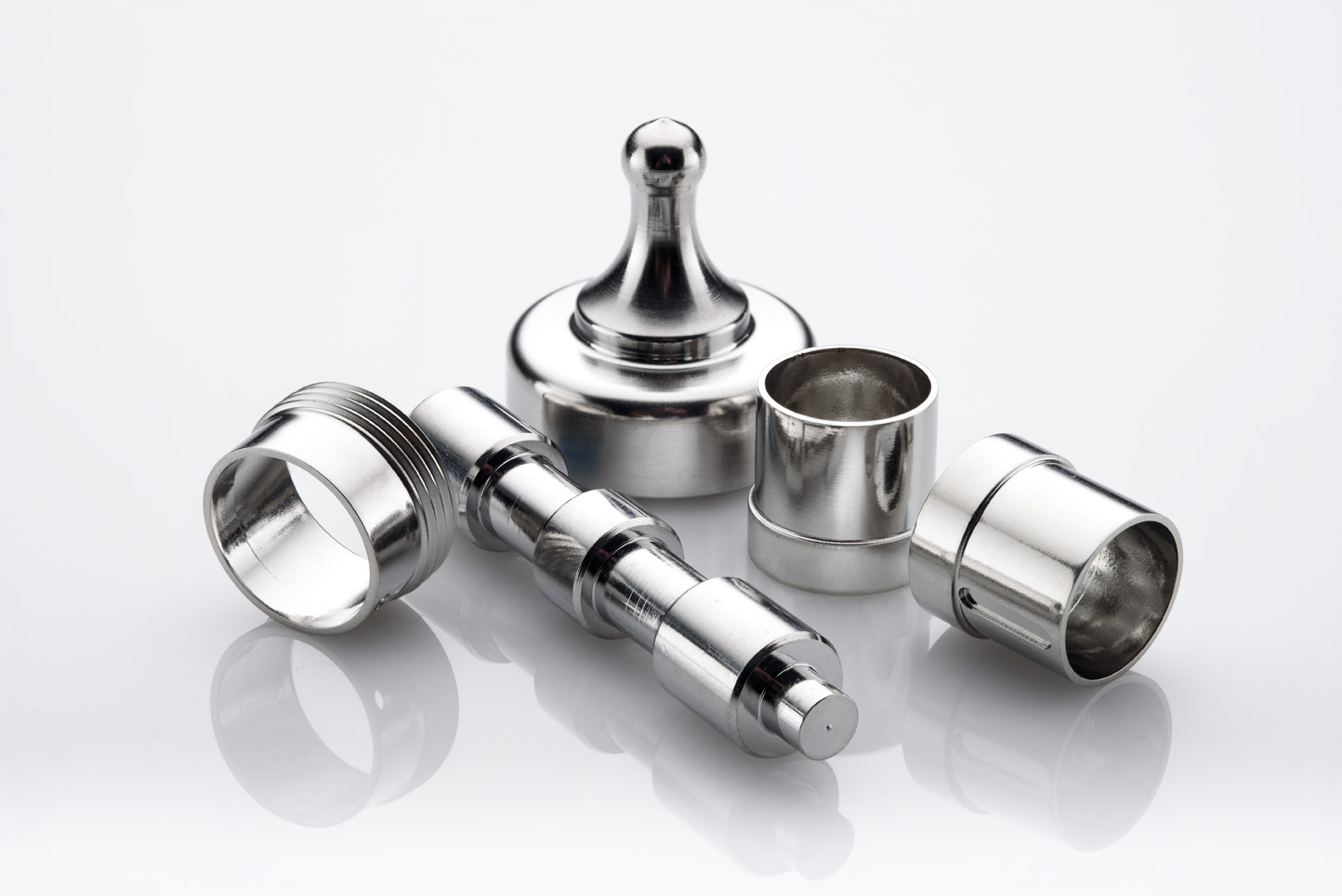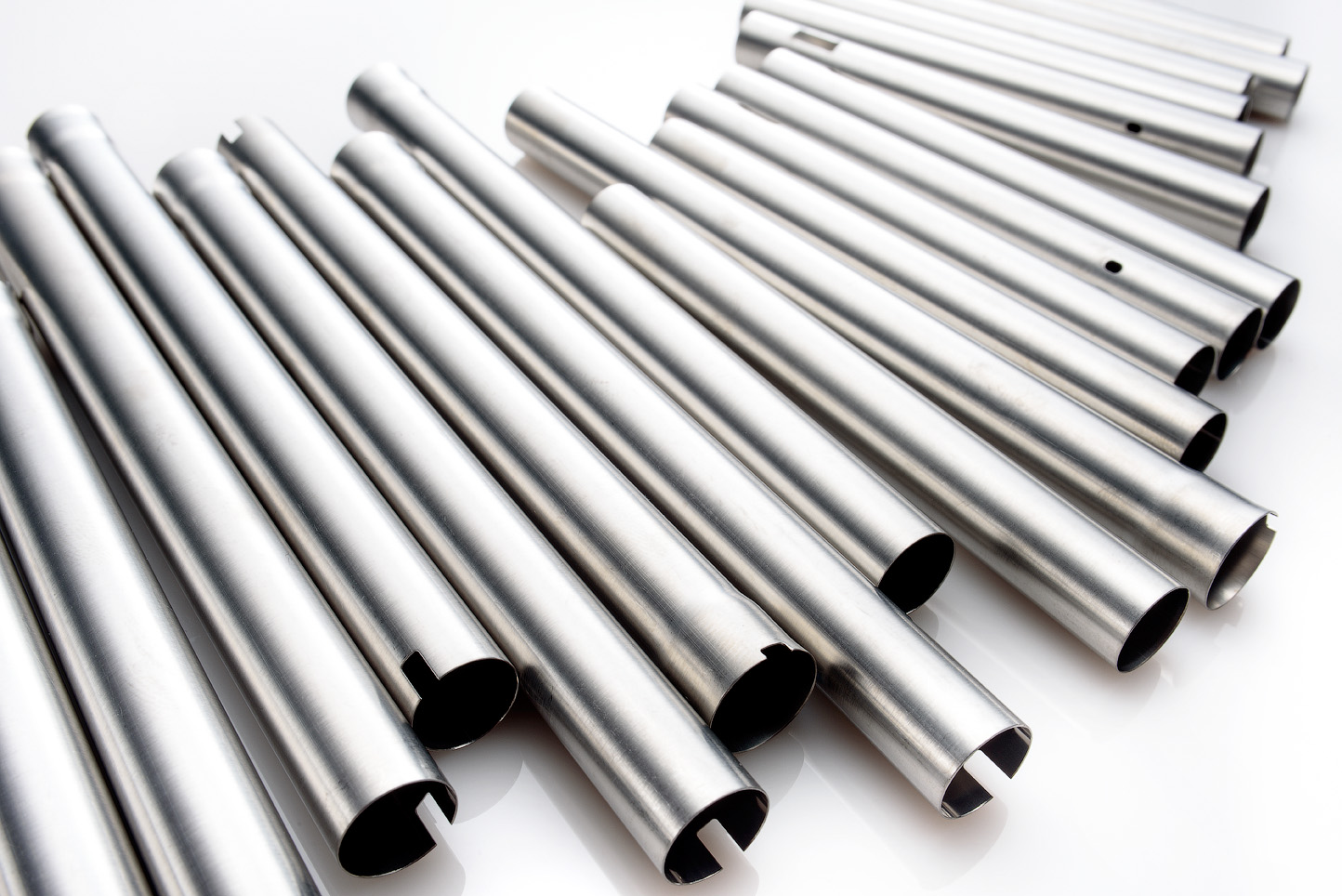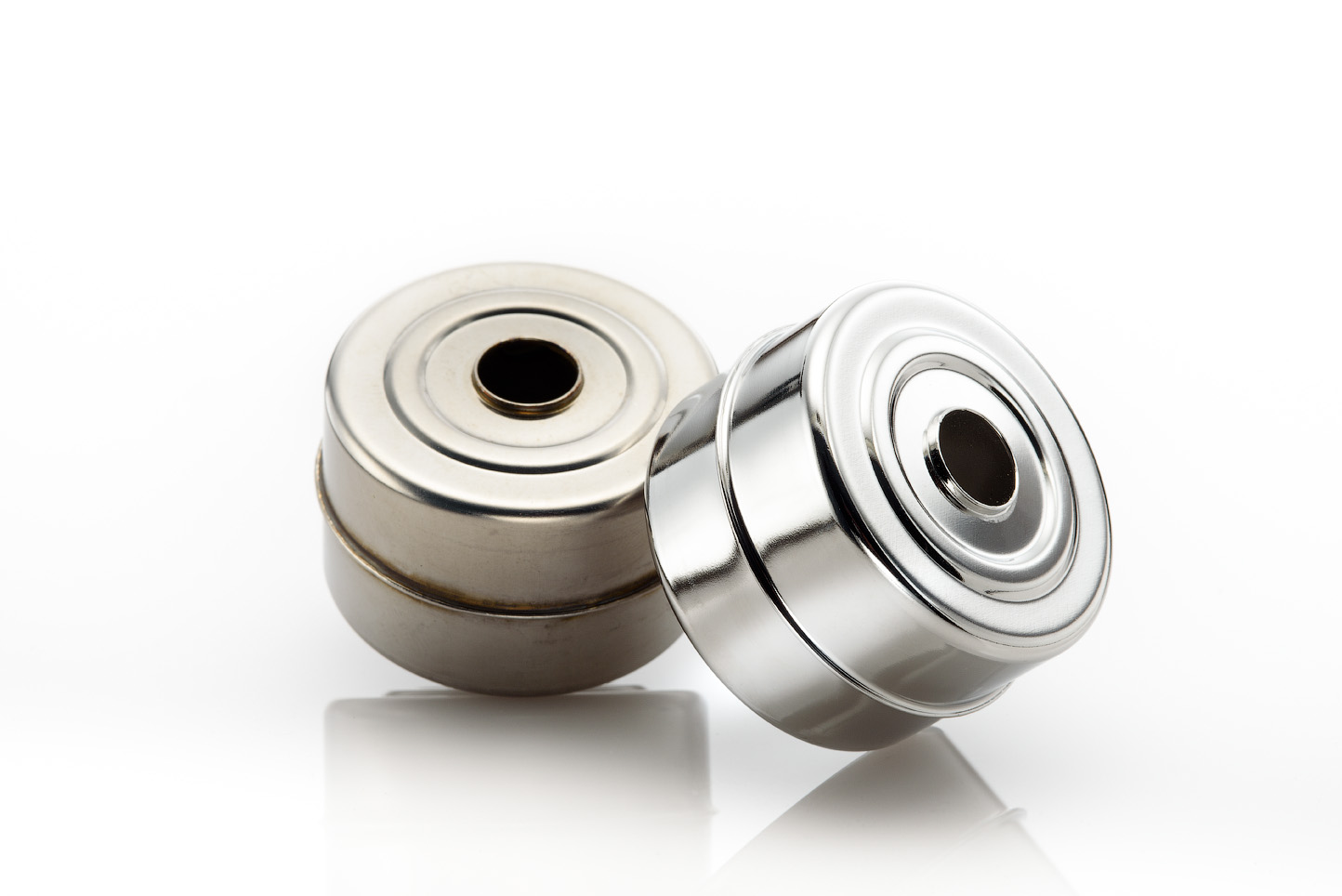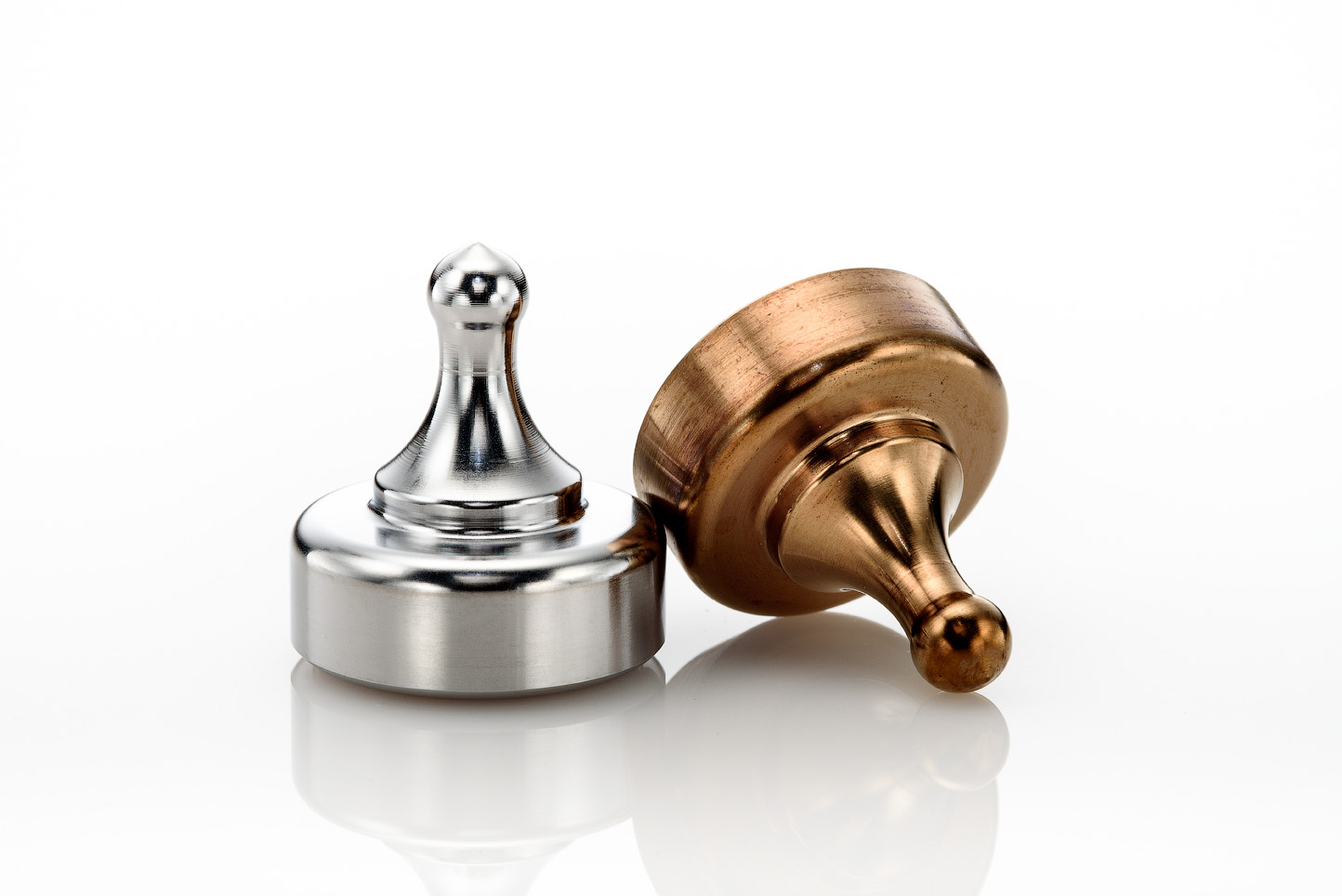Enhancing Maritime Excellence: The Crucial Role of Stainless Steel Passivation in the Marine Industry

1. Corrosion Resistance: A Lifeline for Marine Equipment
In the marine industry, exposure to saltwater is inevitable. Stainless steel passivation is the key to enhancing the metal’s natural corrosion resistance. By removing surface contaminants and impurities, the passivation process creates a protective oxide layer, significantly improving the stainless steel’s ability to withstand corrosive elements. This corrosion resistance ensures that crucial marine components, from ship fittings to offshore structures, remain robust and functional even in the harshest marine environments.
2. Prolonged Lifespan: A Cost-Effective Investment
Marine equipment is a substantial investment for any maritime operation. Stainless steel passivation acts as a safeguard, prolonging the lifespan of components and reducing the need for frequent replacements. By mitigating the effects of corrosion, passivated stainless steel components exhibit enhanced longevity, leading to significant cost savings in the long run. This extended lifespan ensures that marine vessels and structures continue to operate efficiently and safely for years to come.
3. Safety and Reliability: Non-Negotiable Factors in Maritime Operations
Safety is paramount in the marine industry. Passivated stainless steel components offer superior reliability, ensuring the integrity of critical parts such as marine fasteners, valves, and exhaust systems. By preventing corrosion-induced structural weaknesses, stainless steel passivation enhances the overall safety of vessels and marine infrastructure. Reliability in maritime operations is not just a convenience; it’s a necessity, and passivation plays a pivotal role in achieving this reliability.
4. Environmental Considerations: Sustainability in Marine Engineering
As the global focus on environmental sustainability grows, the marine industry is embracing eco-conscious practices. Stainless steel, with its recyclability and longevity, aligns with these sustainability goals. Stainless steel passivation further contributes to this endeavor by extending the usable life of components. By reducing the frequency of replacements, passivated stainless steel promotes environmental conservation, making it a responsible choice for marine engineering projects.
5. New England Electropolishing: Elevating Marine Excellence
At New England Electropolishing, we understand the unique challenges faced by the marine industry. Our stainless steel passivation services are meticulously designed to meet the stringent requirements of maritime applications. With a commitment to quality, precision, and environmental responsibility, we empower the marine industry with passivated stainless steel components that exemplify durability, reliability, and safety.
Partner with a leader in the Stainless Steel Electropolishing Industry
In the vast expanse of the open sea, marine equipment must rise to the occasion, delivering optimal performance and endurance. Stainless steel passivation ensures that marine components not only meet but exceed these expectations, enhancing the marine industry’s resilience and enabling vessels to navigate the world’s oceans with confidence.
Ready to enhance the longevity and performance of your marine components? Contact New England Electropolishing today. Let us be your partner in maritime excellence, ensuring that your vessels and structures are fortified against the challenges of the sea. With our expertise in stainless steel passivation, and the passivation of stainless steel marine products, we help the maritime industry sail towards a future of unparalleled reliability and sustainability. NEE adheres to industry standards such as ASTM A967 and ASTM B912 and we are ISO 9001, ISO 13485 certified.
Does Electropolishing Prevent Corrosion?
“Electropolishing is an electrochemical process that enhances metal alloys resistance to corrosion. Electropolishing is used to clean, deburr and passivate metals by removing impurities from the surface left behind from manufacturing processes.”
Electropolishing Resources
What is Electropolishing?
Electropolishing is an electrochemical and reverse plating process that removes the outer layer of skin on a metal...
The Electropolishing Process
The electropolishing process is initiated by immersing a metal part into a temperature-controlled bath of electrolyte...
How Much Material Does Electropolishing Remove?
Electropolishing, when done properly is a highly controllable process which removes as little as...
How Much Will Electropolishing Improve the Surface of my Part?
Ra and RMS are both representations of surface roughness. Ra is calculated as the roughness average of a surface’s...
What is ASTM B912?
ASTM B912 is an industry standard for the passivation of stainless steel alloys through electropolishing...
What is ASTM A967
ASTM A967 is an industry standard specification for the chemical passivation treatments for stainless...
